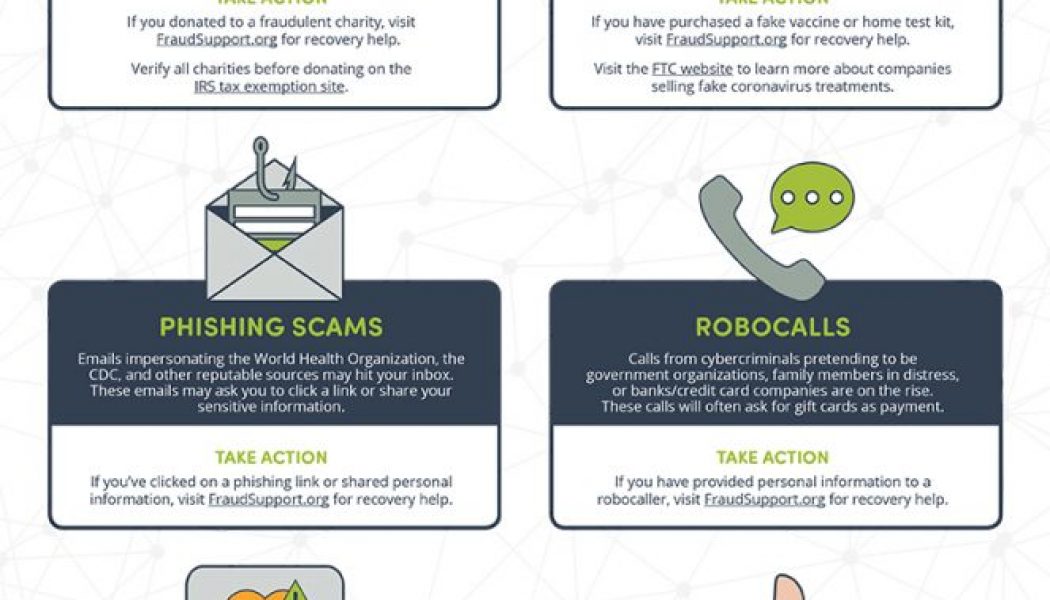cyberattacks
Lockdown causes Virtual Scams on Personal Loans to Rise
Sourced from Republic Title The coronavirus pandemic has resulted in the increase of activities, businesses, and transactions in the virtual world. For scammers, this has not been an exception. According to a survey conducted by credit bureau TransUnion, virtual scams have increased in South Africa due to the quarantine regulations that South Africans had to face. It is important to remember that just the mere fact of being Internet users and by performing different operations from a computer, we are already vulnerable to being hacked. This doesn’t mean users should be scared. In fact, it is fundamental to take into account certain aspects at the moment of perform financial transactions, or requesting for credit or a loan in order not to fall into this type of virtual traps. In the f...
How Cyberattacks Mirror the Rate of COVID-19 Infections
Sourced from Getty Images. The number of cyberattacks on frontline healthcare responders have surged at the same time as the global COVID-19 pandemic, trending upwards almost entirely in line with case numbers. By March 2020, phishing emails had spiked by over 600% since February, as cyber-criminals looked to capitalise on the fear and uncertainty generated by the virus. One-third of these attacks used impersonation of a known brand as a tactic to steal money and data or to deploy a virus or ransomware. When comparing the number of phishing attacks and COVID-19 infections globally between January and March of this year, the rate of growth in phishing attacks correlates almost perfectly with the rate of increase in infections. While these attacks have been seen mostly by healthcare institut...
Google Launches Website to Help People Avoid Online Scams
Sourced from Google. Ever opened your emails and received a poorly-worded message about a payment that you weren’t expecting? What about one proclaiming that you’ve won a competition you never entered. “Congratulations!” it reads, beneath, a sinister attachment that you probably should not open. This is becoming more and more common, and now Google has unveiled a website to teach people how to spot and avoid online scams. Digital hoaxes, malware and cyberattacks have been surging during the ongoing coronavirus pandemic. The website – Scamspotter.org – tries to show users how to identify things such as false stimulus checks, fake vaccine offers, or other fake medical information. The site also attempts to make clear certain patterns that are typical of hoaxes, like a romance scammer asking ...
- 1
- 2







